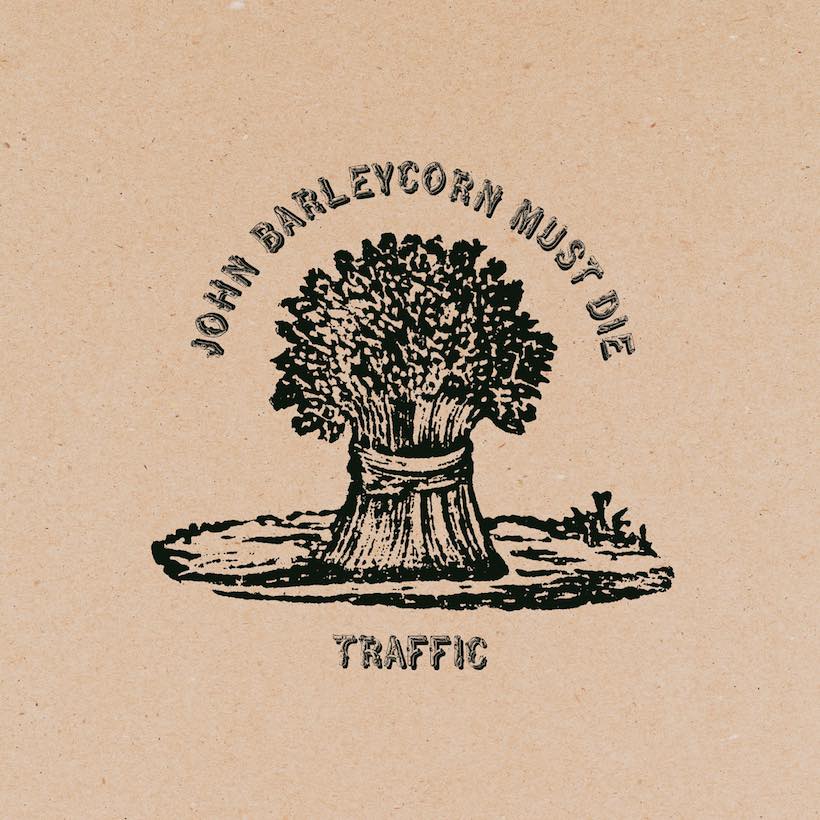“Winwood. Traffic. Here is some group,” raved Circus magazine, when the band reconvened for the John Barleycorn Must Die album. “There is no better,” drooled their reviewer Jonathan Eisen. “It is not Cream or Blind Faith. It is not Miles Davis. It is not The Beatles. It is not the Traffic of yore. It is merely the best, the quintessence of what rock is, what it could be.”
On July 31, 1970, the Carpenters topped the US charts with “Close To You,” while in the UK, Elvis Presley’s “The Wonder Of You” was just taking over from Mungo Jerry’s “In The Summertime” at No.1. At the movies, everyone was watching Easy Rider and Catch-22 and awaiting the release of Performance. And one of the hot new releases of that Friday in the UK was the fourth Traffic album.
Listen to the best of Traffic on Apple Music and Spotify.
Barleycorn had been released a few weeks earlier in the US, and was already climbing the charts. As the propulsive opening instrumental “Glad“ kicked in with Steve Winwood’s two-pronged Hammond and piano attack, supported by Chris Wood’s saxophone and flute and Jim Capaldi’s powerful drums, the record announced the news: despite the departure of Dave Mason, Traffic were a band again.
The original group had split in 1968, Winwood moving on to the all-too-short-lived Blind Faith. He then planned a solo debut, but all of his years in bands, back to his days with the Spencer Davis Group, made him miss the collective vibe. Winwood invited Wood and Capaldi to join the sessions and, almost by mistake, Traffic were back in business.
With well-loved songs like “Freedom Rider“ and “Empty Pages,“ John Barleycorn Must Die had many of the elements of Traffic’s sophisticated blend of jazz, rock, and blues. But on the title track, adapted by Winwood from the old English folk song (versions of which date back to the 16th century), Traffic showed how adept they could also be in a more traditional, acoustic setting.
‘Restraint and simplicity’
“Steve sings the song just right,” said Jon Carroll in Rolling Stone of the title song, “with an admirable sense of restraint and simplicity. Simple, but it works.” The album peaked at No.11 in a nine-week run on the UK chart, but in America, it spent two weeks at No.5 in August, the highest position of their entire career together. Before the end of 1970, Barleycorn had become Traffic’s first gold record in the US.




